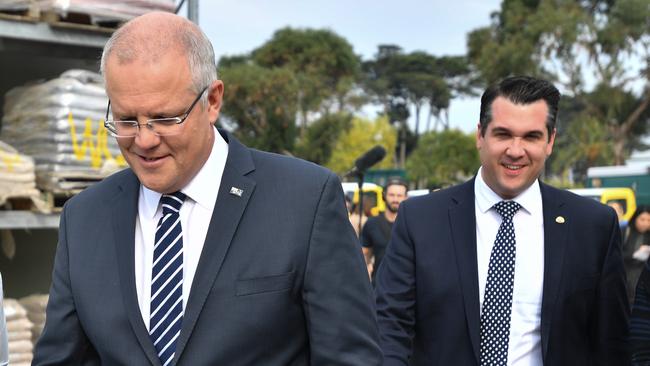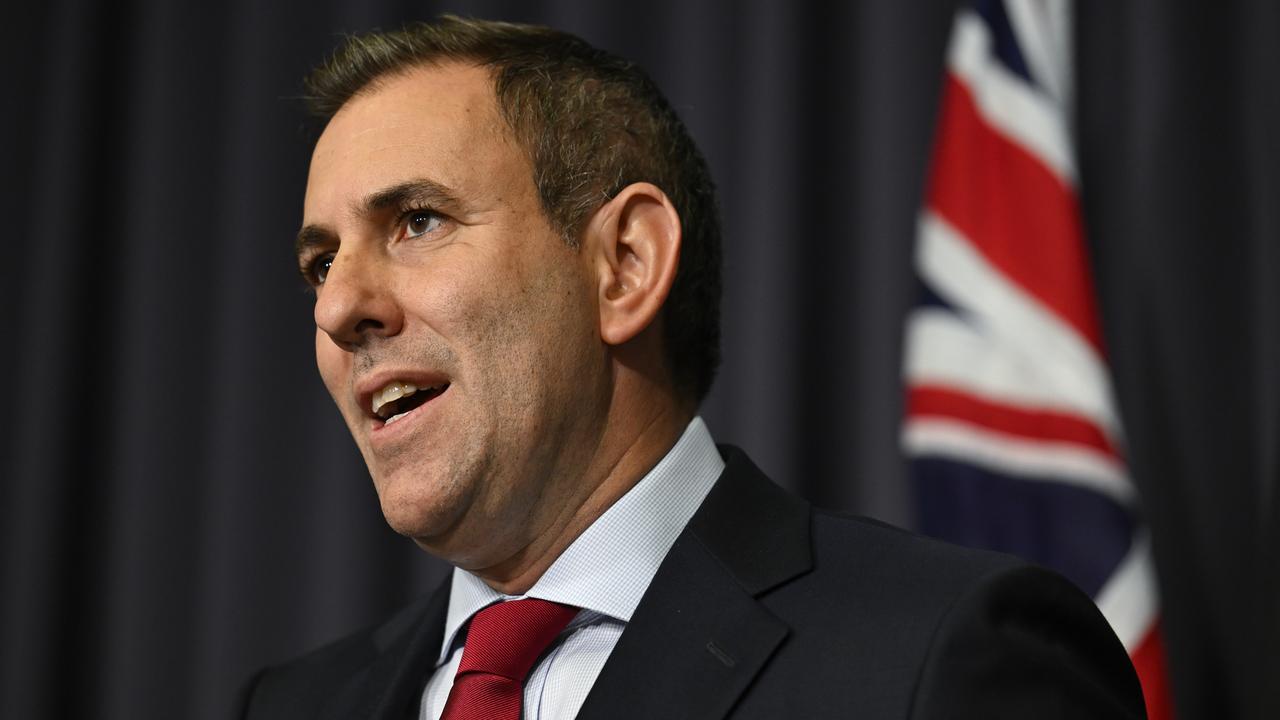
And they are likely to get support from the opposition in these endeavours.
Yesterday I explained why lower interest rates no long stimulate the economy.
Today’s commentary is about what will stimulate the economy.
Again, while the conventional wisdom says that stimulation should be carried out via tax cuts and a boost in the deficit, I don’t believe it is necessary at this time because there are so many other powerful levers that can be pulled.
One of the biggest single hindrances to employment and national prosperity in Australia is the vast number of regulations and red tape that federal and state public servants have inserted in every area of the business community, including the federal government.
The US slashed its red tape and the response has been so dramatic that it now has a shortage of labour. Scott Morrison saw what happened in the US so appointed Ben Morton to establish a state and federal taskforce to slash red tape and boost the economy.
The West Australian member is a sound operator and the “Morton plan” has a good chance of success except that it comes up against a rival scheme, “the Sukkar plan”, whereby assistant treasurer Michael Sukkar quadruples Australian red tape for small and medium business in Australia, led by farmers.
The “Sukkar plan” involves legislation now before the parliament that empowers the Australian Taxation Office, at its discretion, to estimate the anticipated goods and services tax (GST) liabilities of any business in Australia. That estimate can be anything that the ATO might dream up and have no relevance to trading. It’s the biggest GST change since its inception. It’s incredibly powerful because it is concealed by a smokescreen covering phoenix companies.
Under the “Sukkar plan” whether you are a small plumber or farmer or a business with a $100 million turnover, you must pay whatever GST the ATO says that the business is liable to pay because the ATO will have the power to declare that the business person is personally liable.
Business people will be bankrupted before they can appeal. It makes Ben Morton’s work useless.
This week Bill Shorten blamed franking credits for his election loss. The then shadow treasurer Chris Bowen surrounded himself with people who gave him very poor advice. Michael Sukkar, like Bowen, started with good intentions but like Bowen succumbed to very poor advice.
Just as the “Bowen plan” destroyed Shorten so the ”Sukkar plan” could destroy Morrison, along with the nation’s attempts to stimulate the economy.
So step one to stimulate the economy is to trash the “Sukkar plan” and back the “Morton plan”.
The second step is one where all my regular readers know my view---accelerating the flow of cash in the community by making 30-day payments standard will dramatically boost the economy. Our economy is slowing and needs the movement of money to be speeded up. I know both Prime Minister Morrison and Small Business Minister Michaelia Cash. understand that this is vital. The opposition can also see a great opportunity in this and want the ACCC to push hard, so that’s good news.
The main roadblock is that large enterprises will not co-operate unless forced to.
The Business Council’s voluntary efforts have failed, as illustrated by strategy of the building giant CIMIC to delay supplier payment in part of its group. This shows that there is poor culture in many large corporations (which we saw in banking) that unfortunately requires the use of the stick.
Accordingly step two in stimulating the economy is to remove all new government work from those who don’t pay in 30 days.. That ban should be extended to state governments where possible. Morrison should give Michaelia Cash the task of marketing it around the land as part of the stimulation.
Step three is closely linked. ACCC chief Rod Sims proposed that fair contract terms be mandated and severe penalties be put in place for those that didn’t obey. The ALP backed the Sims proposal and still does but the bad elements of the Coalition managed to restrict the Coalition approval and I fear they will block it.
The fast payment system will not work if large corporations dictate unfair contracts to smaller ones so the two matters must be handled together as a matter of great urgency.
Fortunately Rod Sims’ clear proposals and the ALP supporting it makes it possible for the government to put both the fast payments and unfair contracts legislation through the parliament without delay.
These four steps — abandoning the Sukkar plan, slashing regulations, speeding the flow of money and banning unfair contracts — will transform our nation.
There will be no stimulation unless they are carried out.
But now let me add one more matter for consideration.
I know canvassing this stimulation proposal will make me very unpopular in many quarters but let’s at least consider it.
All shareholders currently receive 100 per cent of their franking credits. What if we reduced that to 95 per cent and used the funds to accelerate depreciation on capital investment right across the community, including large companies.
Australian companies desperately need to increase their investment to keep up with modern technology and it is in the best interest of the shareholders to forego a small part of their franking credits to increase the long-term prosperity of the companies in which they invest. Maybe if the surplus rises we can accelerate the depreciation without touching franking credits. That’s an even greater stimulation.




The Australian government is only just starting to wake up that lower interest rates don’t work and that they have the power and the ability to provide the necessary stimulation for the nation.